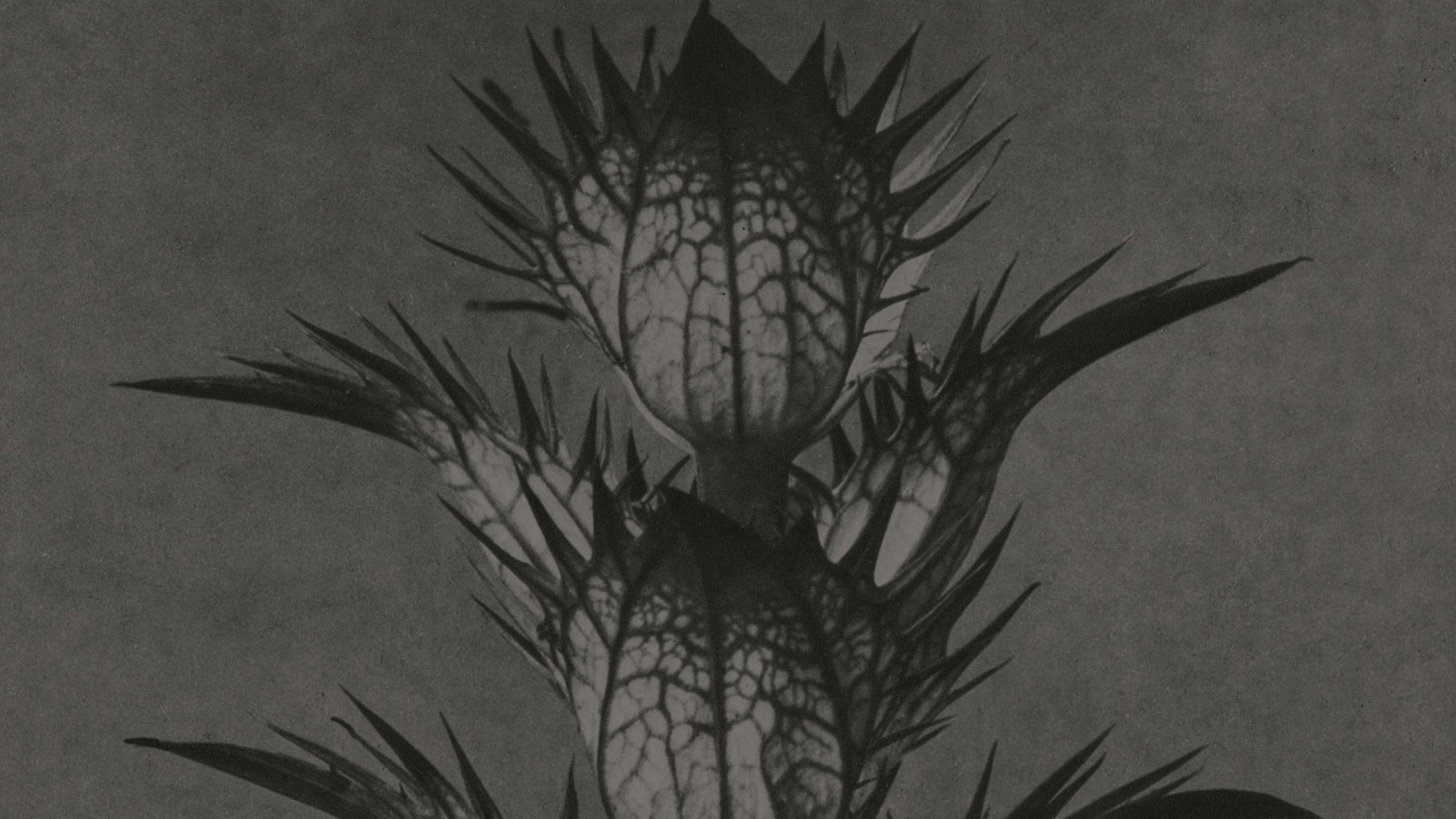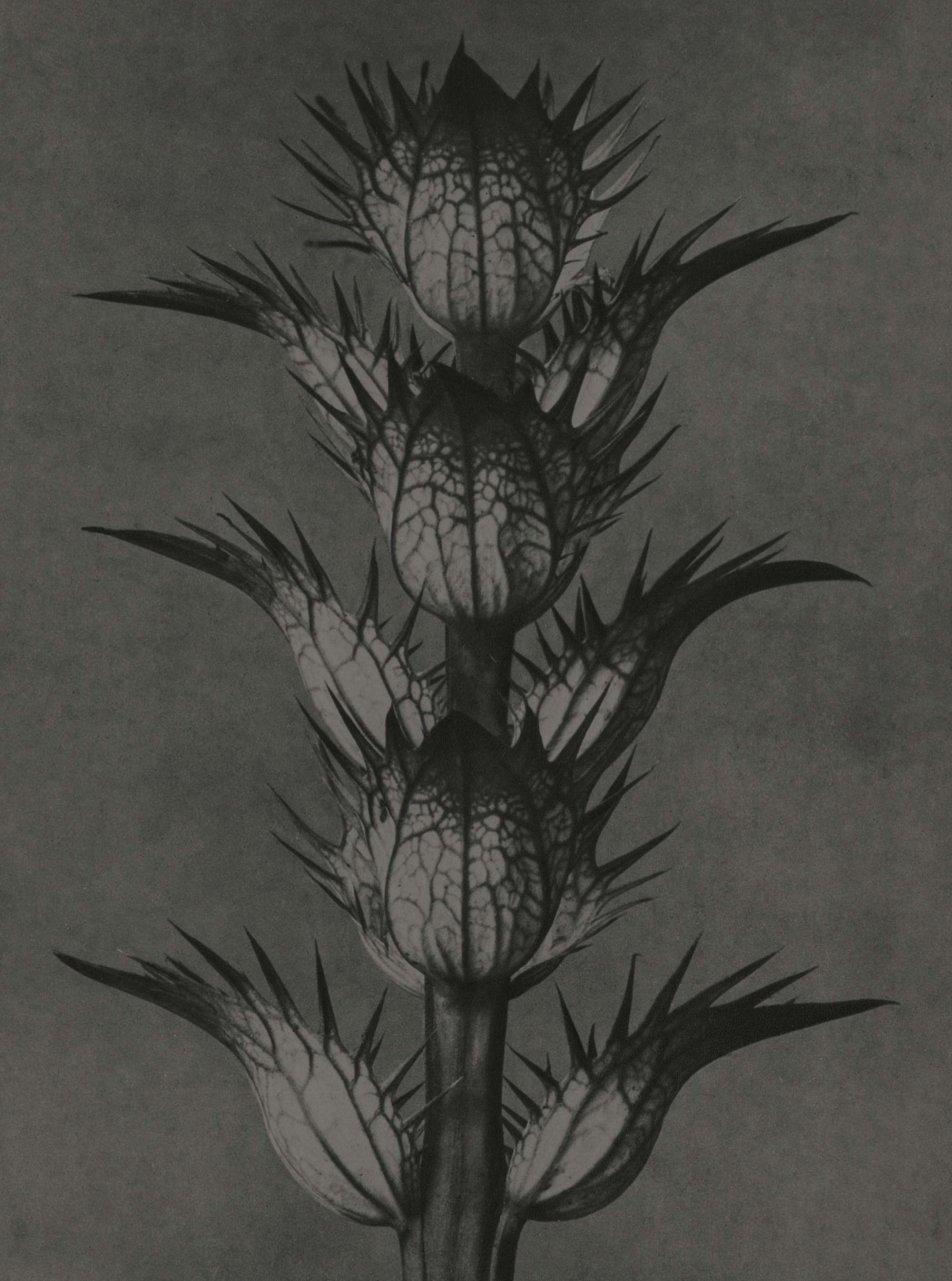

Display
Text
About Berling Nova
The publishing group Verbum owned the rights to the Berling typeface, designed by Karl-Erik Forsberg in 1951 for Berlingska in Lund. The digital versions of the typeface were of poor quality, and there was no usable version available. My agency was tasked with creating a new digital version of the typeface. Berling Nova, as it was called, was developed in a text version based on old lead types (Text) and a headline version (Display). Berling Nova was introduced in 2004.
The project also included generating interest in the typefaces, organizing Berling Day, and collaborating with the international distributor Linotype. The typeface was awarded the Kolla Honorary Prize in 2008.
- Design team
-
Örjan Nordling, Fredrik Andersson, Ylva Lipkin, Christer Hellmark
- Client
-
Geith Forsberg, Gunnar Göranzon, Pia Skantz Larsson (Verbum), and Anna-Maria Högberg (Government Offices).
- Publisher
Opentype features
Display Regular
Aristolochia
Display Italic
Tropaeolum
Text Regular
Laciniatum
Text Italic
Brachiatum
Bold
Floribunda
Text Bold Italic
Clypeolata


Display
Cactus plants, known for their resilience and adaptability to arid environments, often surprise us with their hidden treasures. One of these captivating secrets is their ability to produce exquisite flowers. While we typically associate cacti with thorns and desolation, the world of cactus flowers is a vibrant and diverse realm waiting to be explored. In this journey, we will delve into the intriguing world of cactus flowers, uncovering their unique characteristics, adaptations, and the enchanting stories they tell. Cactus flowers are nature's way of adding splashes of color to the barren landscapes of deserts and arid regions. These remarkable blooms not only stand as testaments to nature's ingenuity but also serve crucial ecological roles. In a hostile environment with limited water and extreme temperatures, cacti have evolved various strategies to ensure their survival. Their flowers play a pivotal role in this struggle, attracting pollinators and setting the stage for reproduction. Cactus flowers belong to a diverse family of plants, with approximately 2,000 different species worldwide. Each species exhibits its unique flower, varying in shape, size, color, and fragrance. To thrive in their challenging habitats, cactus flowers have developed extraordinary adaptations that set them apart from other flowering plants. Cacti are renowned for their succulent stems, which store water for extended periods. This adaptation allows them to allocate resources to producing stunning flowers.
Display Italic
Cactus plants, known for their resilience and adaptability to arid environments, often surprise us with their hidden treasures. One of these captivating secrets is their ability to produce exquisite flowers. While we typically associate cacti with thorns and desolation, the world of cactus flowers is a vibrant and diverse realm waiting to be explored. In this journey, we will delve into the intriguing world of cactus flowers, uncovering their unique characteristics, adaptations, and the enchanting stories they tell. Cactus flowers are nature's way of adding splashes of color to the barren landscapes of deserts and arid regions. These remarkable blooms not only stand as testaments to nature's ingenuity but also serve crucial ecological roles. In a hostile environment with limited water and extreme temperatures, cacti have evolved various strategies to ensure their survival. Their flowers play a pivotal role in this struggle, attracting pollinators and setting the stage for reproduction. Cactus flowers belong to a diverse family of plants, with approximately 2,000 different species worldwide. Each species exhibits its unique flower, varying in shape, size, color, and fragrance. To thrive in their challenging habitats, cactus flowers have developed extraordinary adaptations that set them apart from other flowering plants. Cacti are renowned for their succulent stems, which store water for extended periods. This adaptation allows them to allocate resources to producing stunning flowers.
Text Regular
Cactus plants, known for their resilience and adaptability to arid environments, often surprise us with their hidden treasures. One of these captivating secrets is their ability to produce exquisite flowers. While we typically associate cacti with thorns and desolation, the world of cactus flowers is a vibrant and diverse realm waiting to be explored. In this journey, we will delve into the intriguing world of cactus flowers, uncovering their unique characteristics, adaptations, and the enchanting stories they tell. Cactus flowers are nature's way of adding splashes of color to the barren landscapes of deserts and arid regions. These remarkable blooms not only stand as testaments to nature's ingenuity but also serve crucial ecological roles. In a hostile environment with limited water and extreme temperatures, cacti have evolved various strategies to ensure their survival. Their flowers play a pivotal role in this struggle, attracting pollinators and setting the stage for reproduction. Cactus flowers belong to a diverse family of plants, with approximately 2,000 different species worldwide. Each species exhibits its unique flower, varying in shape, size, color, and fragrance. To thrive in their challenging habitats, cactus flowers have developed extraordinary adaptations that set them apart from other flowering plants. Cacti are renowned for their succulent stems, which store water for extended periods. This adaptation allows them to allocate resources to producing stunning flowers.
Text Regular Italic
Cactus plants, known for their resilience and adaptability to arid environments, often surprise us with their hidden treasures. One of these captivating secrets is their ability to produce exquisite flowers. While we typically associate cacti with thorns and desolation, the world of cactus flowers is a vibrant and diverse realm waiting to be explored. In this journey, we will delve into the intriguing world of cactus flowers, uncovering their unique characteristics, adaptations, and the enchanting stories they tell. Cactus flowers are nature's way of adding splashes of color to the barren landscapes of deserts and arid regions. These remarkable blooms not only stand as testaments to nature's ingenuity but also serve crucial ecological roles. In a hostile environment with limited water and extreme temperatures, cacti have evolved various strategies to ensure their survival. Their flowers play a pivotal role in this struggle, attracting pollinators and setting the stage for reproduction. Cactus flowers belong to a diverse family of plants, with approximately 2,000 different species worldwide. Each species exhibits its unique flower, varying in shape, size, color, and fragrance. To thrive in their challenging habitats, cactus flowers have developed extraordinary adaptations that set them apart from other flowering plants. Cacti are renowned for their succulent stems, which store water for extended periods. This adaptation allows them to allocate resources to producing stunning flowers. Cacti are renowned for their succulent stems, which store water for extended periods of time.
Text Regular Bold
Cactus plants, known for their resilience and adaptability to arid environments, often surprise us with their hidden treasures. One of these captivating secrets is their ability to produce exquisite flowers. While we typically associate cacti with thorns and desolation, the world of cactus flowers is a vibrant and diverse realm waiting to be explored. In this journey, we will delve into the intriguing world of cactus flowers, uncovering their unique characteristics, adaptations, and the enchanting stories they tell. Cactus flowers are nature's way of adding splashes of color to the barren landscapes of deserts and arid regions. These remarkable blooms not only stand as testaments to nature's ingenuity but also serve crucial ecological roles. In a hostile environment with limited water and extreme temperatures, cacti have evolved various strategies to ensure their survival. Their flowers play a pivotal role in this struggle, attracting pollinators and setting the stage for reproduction. Cactus flowers belong to a diverse family of plants, with approximately 2,000 different species worldwide. Each species exhibits its unique flower, varying in shape, size, color, and fragrance. To thrive in their challenging habitats, cactus flowers have developed extraordinary adaptations that set them apart from other flowering plants. Cacti are renowned for their succulent stems, which store water for extended periods. This adaptation allows them to allocate resources to producing stunning flowers.
Text Regular Bold Italic
Cactus plants, known for their resilience and adaptability to arid environments, often surprise us with their hidden treasures. One of these captivating secrets is their ability to produce exquisite flowers. While we typically associate cacti with thorns and desolation, the world of cactus flowers is a vibrant and diverse realm waiting to be explored. In this journey, we will delve into the intriguing world of cactus flowers, uncovering their unique characteristics, adaptations, and the enchanting stories they tell. Cactus flowers are nature's way of adding splashes of color to the barren landscapes of deserts and arid regions. These remarkable blooms not only stand as testaments to nature's ingenuity but also serve crucial ecological roles. In a hostile environment with limited water and extreme temperatures, cacti have evolved various strategies to ensure their survival. Their flowers play a pivotal role in this struggle, attracting pollinators and setting the stage for reproduction. Cactus flowers belong to a diverse family of plants, with approximately 2,000 different species worldwide. Each species exhibits its unique flower, varying in shape, size, color, and fragrance. To thrive in their challenging habitats, cactus flowers have developed extraordinary adaptations that set them apart from other flowering plants. Cacti are renowned for their succulent stems, which store water for extended periods. This adaptation allows them to allocate resources to producing stunning flowers.







